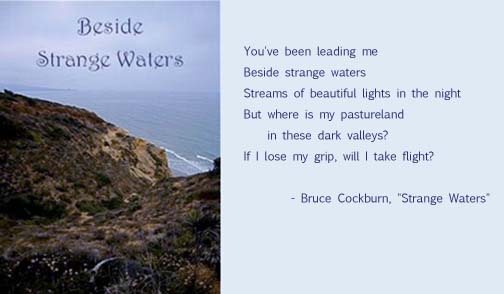“Our freedoms of choice are slowly disappearing. The government is telling us what light bulbs to use, what kind of cars to drive, what to eat and what kind of health care is required.”
On the surface, it does sound as if our freedoms are being eroded. However, ignore the emotional appeal and consider the facts.
Is the government telling me what kind of light bulbs to buy? No. The government is telling manufacturers what kind of light bulb to create, in an attempt to increase energy efficiency while reducing overall electricity usage, air pollution, and cooling costs. Ultimately, the change should reduce your monthly electric bill as well as reducing the cost of doing business. When I spend less per month on electricity, I can spend more on things I want or need. And that additional spending will help the American economy just a little bit, and that extra spending might create or protect more American jobs. Not a bad trade-off for a silly incandescent light bulb I never really liked anyway.
Consumer Benefits of Energy Star Certified Light Bulbs
More on LED's:
"The Advantages & Benefits of LED Lighting" from National Geographic
"Green Promise Seen in Switch to LED Lighting" from the New York Times (love the part about saving money in Buckingham Palace!)
So, if America can really "save enough energy to light 3 million homes for a year, save about $600 million in annual energy costs, and prevent 9 billion pounds of greenhouse gas emissions per year, equivalent to those from about 800,000 cars" (www.energystar.gov), why not switch to LED or fluorescent lighting? Why make such a fuss over a light bulb?
Well, maybe Schram has a point about automobiles. After all, buying a car is a more significant choice that can affect my spending and happiness for years to come. However, the government is not dictating my choice of vehicle, merely setting standards for energy efficiency and safety. Who wants or needs an unsafe car? Should Americans be forced to buy inefficient gas-guzzlers? We're already hearing about "agony at the pump." What would consumer choice be like now when gas prices are high, if car-makers weren't held to high fuel-efficiency standards.
A wide range of new and used vehicles appears to be readily available. I can still buy a V-8 truck, SUV, full-sized sedan or high-performance sports car if I want one. It's difficult to imagine what kind of car Ms. Schram requires, that the government will no longer allow her to purchase.
Unbeknownst to Ms. Schram, the real danger in the future is a lack of affordable energy, not lack of consumer choice. This article does an excellent job of detailing the effect of rising gas prices on the U.S. economy in the year to come:
Can America adjust to higher gas prices? (Brad Plumer, Washington Post)
Moving on to Schram's third point, I feel most keenly the pain of her last complaint: increasing government control of food. In 2008, I watched in horror as New York City has moved to eliminate trans fat from restaurant menus, imagining a future in which truly self-indulgent meals could only be painfully reconstructed at home. Yet there are genuine reasons for governmental and individual concern over the American obesity epidemic:
Health Effects of Obesity (Stanford Hospital and Clinics)
Impact Of Childhood Obesity Goes Beyond Health
Overeating without exercising is literally crippling and killing us! No wonder Michelle Obama was motivated to combat childhood obesity with her "Let's Move" campaign. Helping the next generation to live better is a worthy cause.
Perhaps Ms. Schram sees incandescent light bulbs, big sedans and fatty food as an expression of freedom; I don't. Ultimately, we're talking about preferences here, and preferring what destroys the planet and your own health is ultimately not freedom, but stupidity. If every one of us 7 billion people on this planet exercise our preferences, the result will be chaos and destruction. The reality is that all of us must limit our freedoms in order to survive.
Maybe we need to focus on our long-range goals like renewable energy and resources, energy independence, and national security. Maybe it's more important to focus on clean air than the light bulb in my desk lamp; more important to conserve petroleum than drive an SUV; better to live longer and live well than to eat yet another carton of fries from the drive-through.
Photo from http://noahpinionblog.blogspot.com/2011/08/do-property-rights-increase-freedom.html


No comments:
Post a Comment